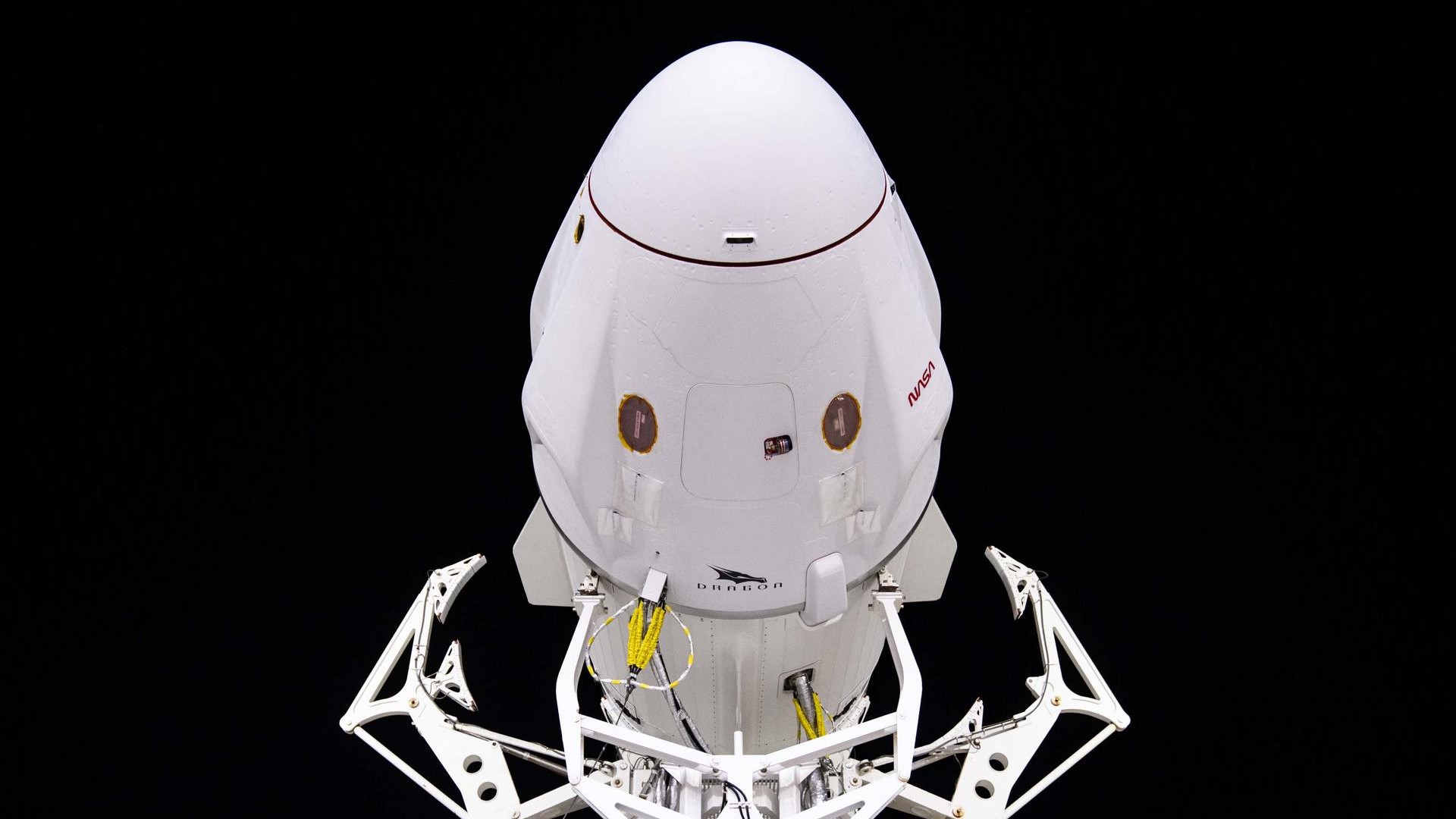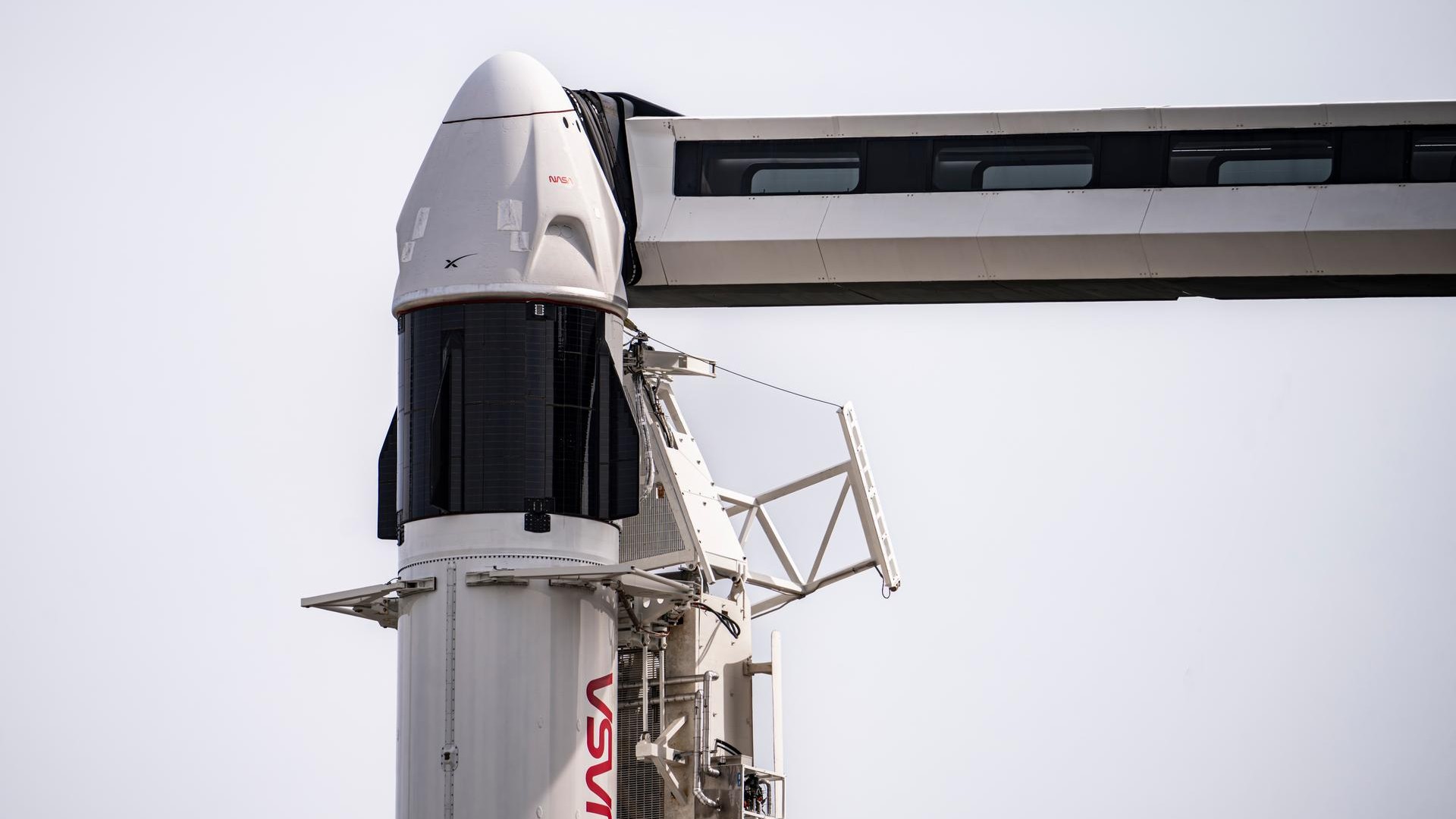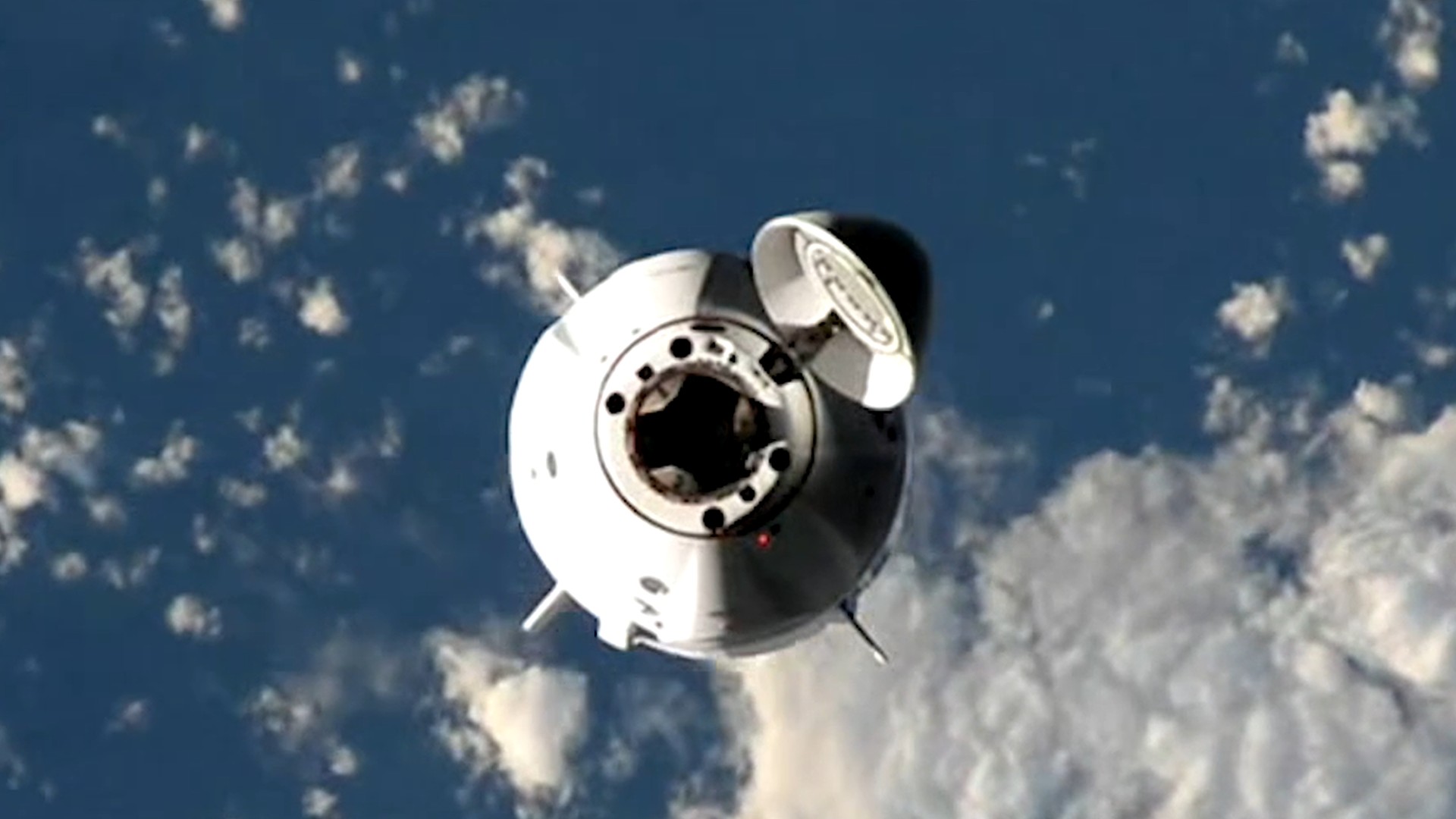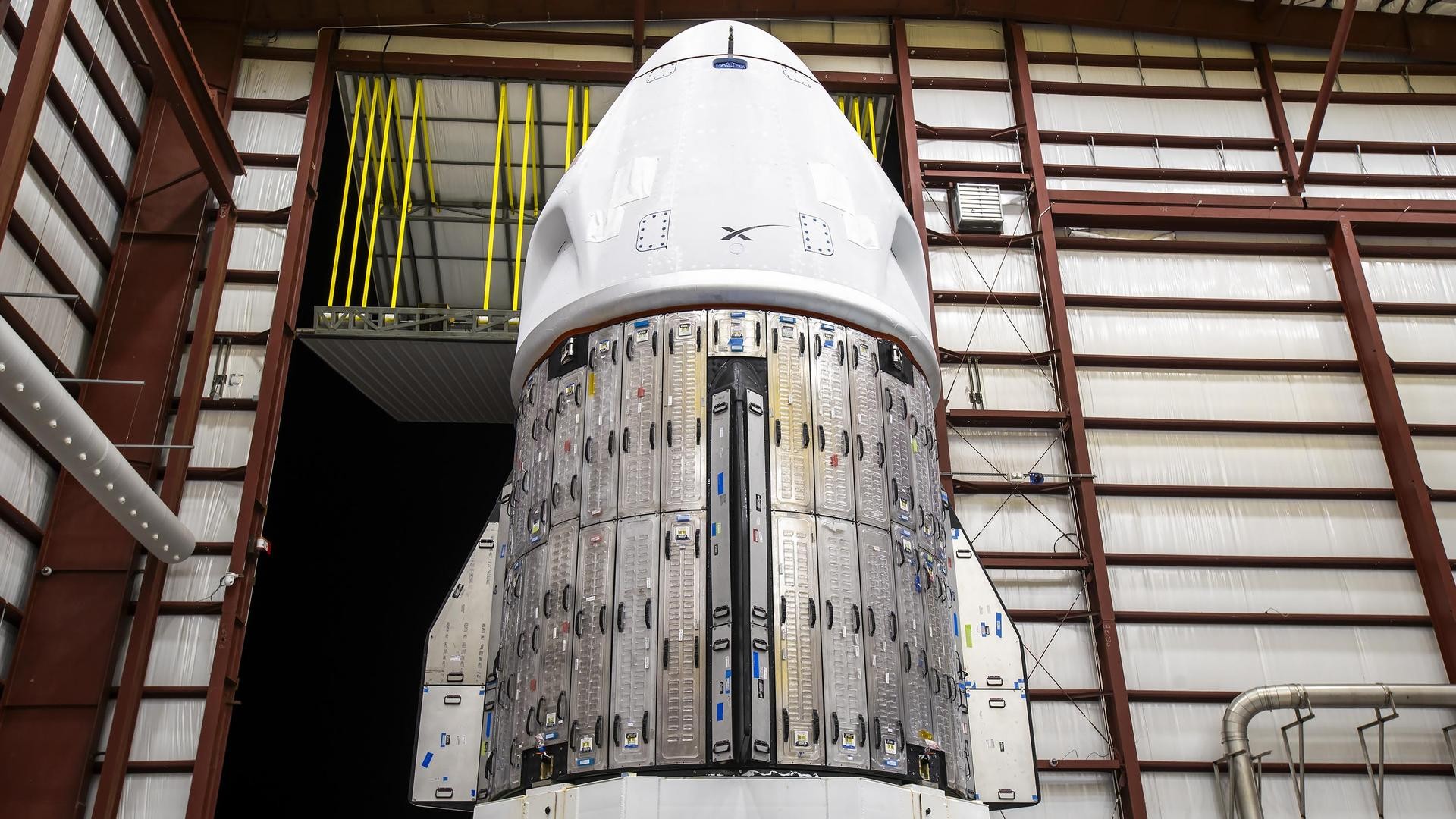
NASA and SpaceX are looking to extend the number of flights that each Crew Dragon capsule can make, from five to 15.
On May 30, 2020, Crew Dragon became the first American spacecraft to carry astronauts to orbit since the space shuttle was retired in 2011, and the first private spacecraft to reach the International Space Station. Since then, Crew Dragon vehicles have flown 49 different astronauts (one of them twice) to space on 13 missions, nine of them for NASA and four of them private.
The Crew Dragon spacecraft known as Endeavour launched to space on March 3 carrying three NASA astronauts and one Russian cosmonaut on SpaceX's Crew-8 mission to the International Space Station. The three other Crew Dragon spacecraft — Resilience, Endurance and Freedom — have all flown to space and back multiple times (three times each for Endurance and Freedom, and two for Resilience), but none has flown as many times as Endeavour.
Crew-8 marks the fifth flight for Endeavour, the maximum number of flights Crew Dragon spacecraft have been qualified for. But this spacecraft, what NASA and SpaceX refer to as the "fleet leader," could potentially prove itself worthy of more flights — possibly many more. According to NASA officials, Crew Dragon might be able to fly up to 15 times, depending on the results of a requalification campaign the agency and SpaceX will undertake this year and next.
Related: SpaceX launches Crew-8 astronaut mission to International Space Station for NASA (video)
During a press briefing on Feb. 28 to discuss the Crew-8 mission, Steve Stich, program manager for NASA's Commercial Crew Program, said SpaceX is currently performing qualification tests of "every single" component on the Dragon spacecraft in order to determine how many flights the spacecraft might be capable of making.
"We are right now embarking on what we call our extended Dragon certification," Stich replied to a question from Space.com during the briefing. "We're working on that this year, and probably next year, to see how long they will fly Dragon."

Stich said that when Crew Dragon Endeavour returns to Earth around August 2024 at the end of the Crew-8 mission, NASA and SpaceX will analyze various components of the spacecraft that have been "exposed to the space environment up and down for many years."
Some of that analysis will be overseen by John Posey, lead engineer for Dragon in NASA's Commercial Crew Program. In an interview, Posey told Space.com that the Dragon spacecraft have undergone continual modification and upgrades throughout their lives. Most of the time, this involves swapping minor parts to make the capsules safer or to get them flightworthy ahead of a mission.

When it comes to potentially raising the number of flights from five to 15, much of the decision would come down to the tests SpaceX would perform on these individual components.
"So as you go through that process, you find maybe on the 10th flight, this thing would start getting worn out. So maybe on those components, we have to limit it to 10 flights or redesign it so it can make it out to the 15 flights," Posey said, adding that some of these individual parts have already been approved for 50 flights.

Even though many of the smaller components on the Crew Dragon spacecraft have been replaced, Posey said that the primary structures of the capsule — the weldment, radial bulkheads and pressure shell — remain original. "So individual components will come in and out. But those primary structural parts don't really change," he added.
When asked whether or not a Crew Dragon will make it to 15 flights, Posey said his team will ultimately follow the data and focus on crew safety as its primary concern.
"And we've got a while before we can get to the sixth flight on a commercial crew. So there's plenty of time to work through that data," Posey said.







